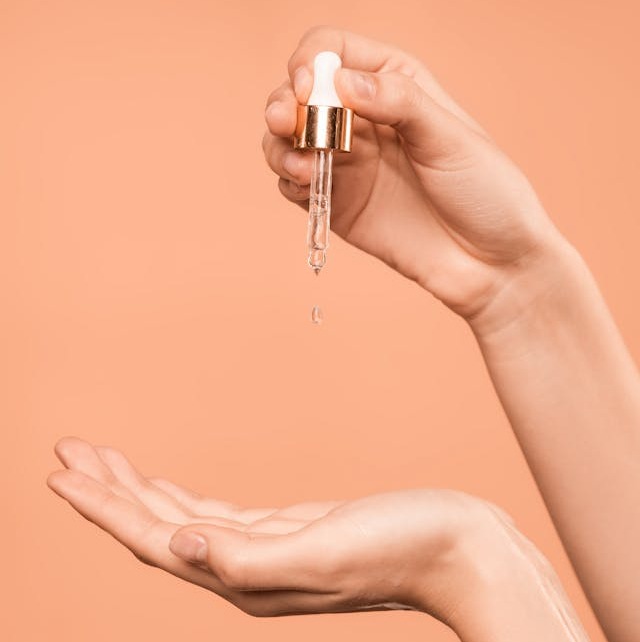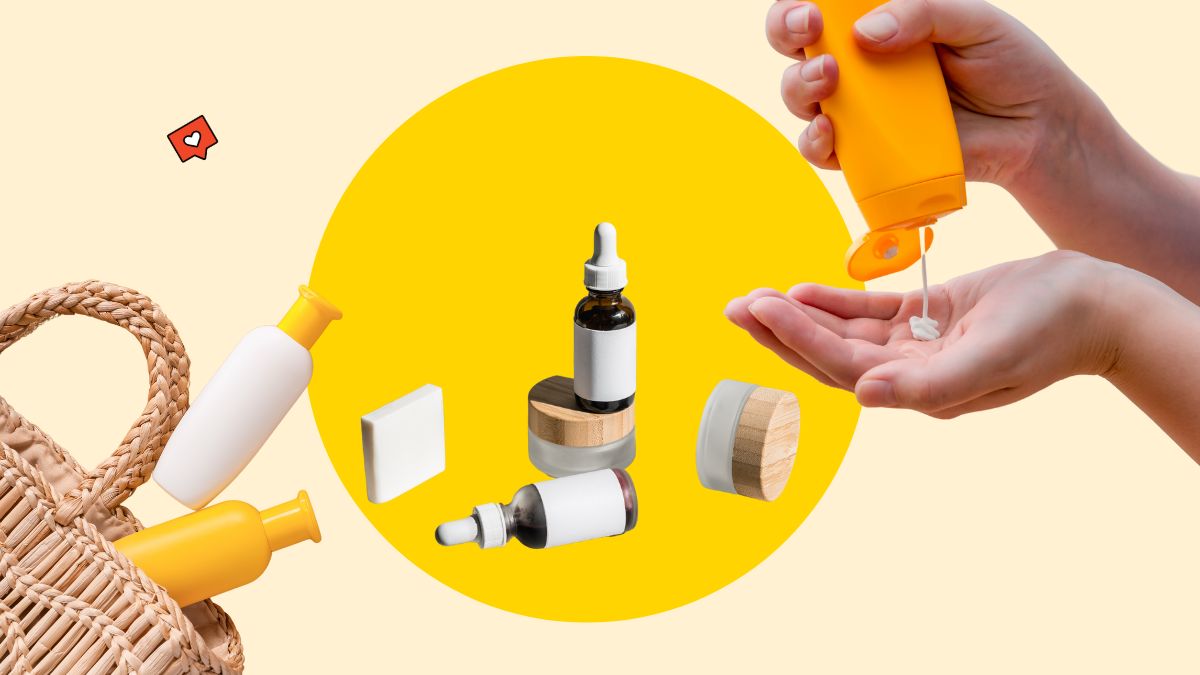As the summer sun continues to be on a roll, our skin's needs also continue to shift requiring a tailored approach to skincare. Summer skincare products emerge as our first line of defense against the seasonal challenges of increased UV exposure, humidity, and heat. We need these products because they help us maintain healthy, radiant skin through the warmer months. Below are some of the details you may want to know about them,

What are Summer Skincare Products?
Summer skincare products are specifically designed to address the unique challenges that skin faces during the warmer months, such as increased exposure to UV rays, higher temperatures, and humidity. The emphasis often lies on lightweight formulations that offer effective protection without clogging pores or contributing to excess oiliness. Recent trends lean towards products with added environmental protection factors, natural skincare ingredients, and multi-functional benefits.
How Summer Skincare Products Work
Summer skincare products work by delivering targeted ingredients to address specific summertime skin concerns:
- UV Protection. Sunscreens form a protective barrier on the skin's surface, absorbing or reflecting harmful rays to prevent sunburn and long-term damage.
- Hydration. Products like hydrating mists and lightweight moisturizers replenish moisture loss due to heat and ensure the skin remains plump and hydrated.
- Soothing. After-sun and aloe vera-based products provide relief to irritated or sunburned skin through cooling and anti-inflammatory properties.
- Repair and Protection. Antioxidant-rich serums neutralize free radicals from UV exposure and pollution, aiding in skin repair and preventing premature aging.
Summer Skincare Product Variations
As we soak up the sunshine and enjoy outdoor activities, it's crucial to protect and care for our skin. Here are some types of summer skincare products that can help you maintain healthy, radiant skin during sunny days.
Sunscreen
Sunscreen protects the skin from harmful UV rays, helping to prevent sunburn, premature aging, and skin cancer. Available in various SPF levels and formulations like creams, lotions, sprays, and gels.
- How to Use/Best For: Apply generously 15 minutes before sun exposure, reapplying every 2 hours or after swimming/sweating. Best for all skin types and essential for outdoor activities.
- Maintenance/Storage: Store in a dry and cool place. Make sure it's not exposed to direct sunlight.
- Other Tips: Use a teaspoon amount for the face and a shot glass amount for the body to ensure adequate coverage. Layer under makeup or opt for makeup products with added SPF for double protection.
Aloe Vera Gel
A soothing gel derived from the aloe vera plant, known for its cooling and healing properties, especially after sun exposure.
- How to Use/Best For: Apply to irritated or sunburned skin as needed. Ideal for all skin types, especially for soothing sunburn and hydrating dry skin.
- Maintenance/Storage: Keep in a cool place or refrigerator for extra cooling effects upon application.
- Other Tips: Mix aloe vera gel with your regular moisturizer for an extra hydration boost or use it as an after-sun treatment to soothe and heal the skin more effectively.
Hydrating Mist
A lightweight, refreshing spray packed with hydrating ingredients like hyaluronic acid, glycerin, and botanical extracts to replenish moisture.
- How to Use/Best For: Spritz on the face throughout the day as needed. Perfect for all skin types needing a hydration boost, especially in dry, air-conditioned environments or after sun exposure.
- Maintenance/Storage: Store in a cool, dry place. Smaller bottles can be kept in your bag for on-the-go hydration.
- Other Tips: Keep your hydrating mist in the fridge for an invigorating, cooling sensation. It can also be used to set makeup or refresh your face over makeup throughout the day.
Antioxidant Serum
Formulated with antioxidants like vitamin C, E, and ferulic acid, these serums protect the skin from environmental damage and can brighten and even out skin tone.
- How to Use/Best For: Apply in the morning before sunscreen for added protection against free radicals. Best for those looking to prevent premature aging and improve skin radiance.
- Maintenance/Storage: Store in a cool, dark place to prevent oxidation and degradation of active ingredients.
- Other Tips: Pair with sunscreen for enhanced protection against UV rays and free radicals. Some serums may also be used at night for repair and rejuvenation.
After-Sun Lotion
Specifically designed to moisturize, cool, and repair skin after sun exposure, often formulated with aloe, cucumber, and chamomile.
- How to Use/Best For: Apply generously on clean skin after sun exposure or whenever the skin feels dry. Best for relieving sunburn and restoring moisture to sun-damaged skin.
- Maintenance/Storage: Keep in a cool, dry place; some products may benefit from refrigeration for an extra soothing effect.
- Other Tips: For an additional cooling effect, apply the lotion while your skin is slightly damp. This can also help lock in more moisture.
Frequently Asked Questions About Summer Skincare Products
How often should I reapply sunscreen?
It’s recommended to reapply sunscreen every two hours, or more frequently after swimming, sweating, or towel drying.
Can I use my winter moisturizer in the summer?
While you can, summer skin often benefits from switching to a lighter, gel-based moisturizer that hydrates without feeling heavy or greasy.
Are natural or mineral sunscreens as effective as chemical sunscreens?
Yes, mineral sunscreens containing zinc oxide or titanium dioxide provide effective broad-spectrum protection. The choice between mineral and chemical depends on personal preference and skin sensitivity.
How can I prevent my makeup from melting off in the summer heat?
Opt for light, non-comedogenic makeup, use a mattifying primer, set your makeup with a light powder, and consider finishing with a makeup setting spray designed to resist heat and humidity.
Do I need to exfoliate more often in the summer?
While gentle exfoliation can help keep skin clear during the summer, over-exfoliation can lead to irritation, especially with increased sun exposure. Stick to exfoliating 1-2 times a week, and always follow with SPF.



